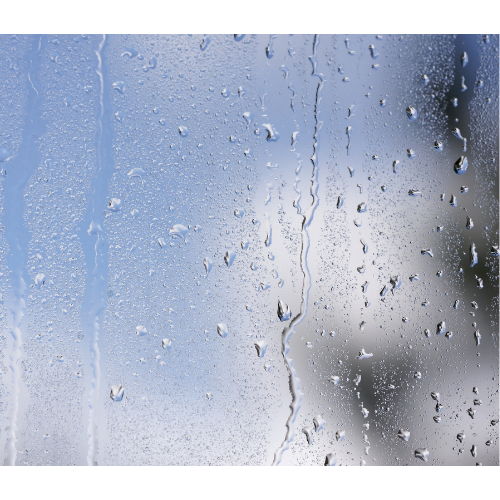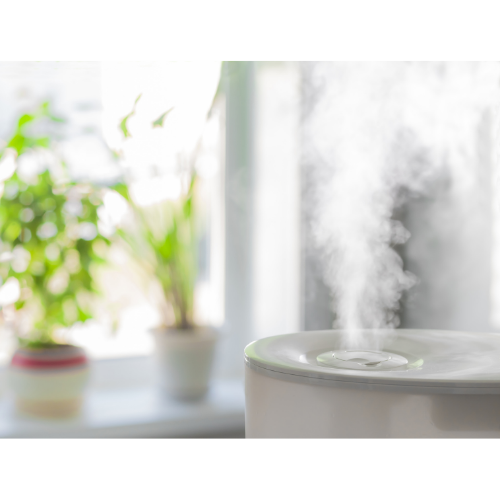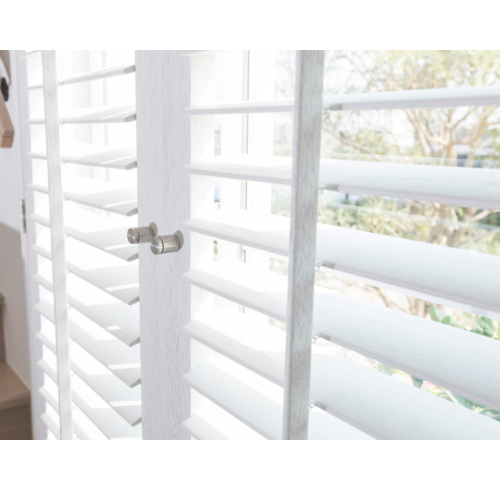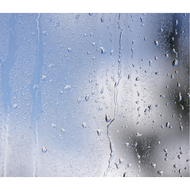How to Protect your Blinds from Condensation and Moisture
Nov 9th 2020
How can condensation or moisture affect blinds?
Condensation occurs when a cold surface (such as your window during the winter months) comes into contact with warm air (the heated air inside your home). When condensation stays on the window for extended periods of time, the moisture around a window and the blind can cause mold and mildew to grow. The excess moisture can also lead to paint and surrounding wood to be damaged as well as the blind itself.
How to can I reduce moisture to protect my blinds and my home?
Although some condensation is bound to happen, there are some steps you can take to reduce the amount to protect your blinds.

1. Do not let your blinds touch the window's glass
Keeping your blinds away from the actual glass of a window will help the moisture touch the blind. Be sure that you are able to create space between the window and the blind based on your mounting option.
2. Check for air leaks around windows
Another easy and simple way to reduce moisture is to check if you have any air leaks from windows. Moisture can get in from these leaks. Weather strips or caulk or good methods to close any possible air leaks.
3. Monitor and Reduce Moisture
A good way to make sure there is not too much moisture in your rooms is use track the moisture level. Tools such as a hygrometer can do this for you. If you notice moisture or humidity levels are increasing or too high, investing in a dehumidifier will be beneficial. A dehumidifier will reduce the moisture in the air. Good places to monitor these levels would be the kitchen and bathrooms. Another way to reduce humidity is to use exhaust fans. During hot showers or cooking, having the exhaust fan on will help with humidity levels.

4. Do not have too many plants inside
Plants can produce moisture that will increase condensation levels. You may still have a couple plants per room but do not have too many in a single room - especially near windows.
5. Use blinds and shades that are moisture resistant
Some blinds and shades are more moisture resistant than others. This is due to the material that they are made from. For example, faux wood window treatments are great for kitchens and bathrooms since they do not warp or get damaged from high humidity. Mini blinds are another viable moisture resistant window treatment.

Follow these steps and you will reduce the amount of moisture and condensation damage to your blinds and home. Let us know if these steps helped! For any questions or for more information, contact info@blindshadeparts.com
